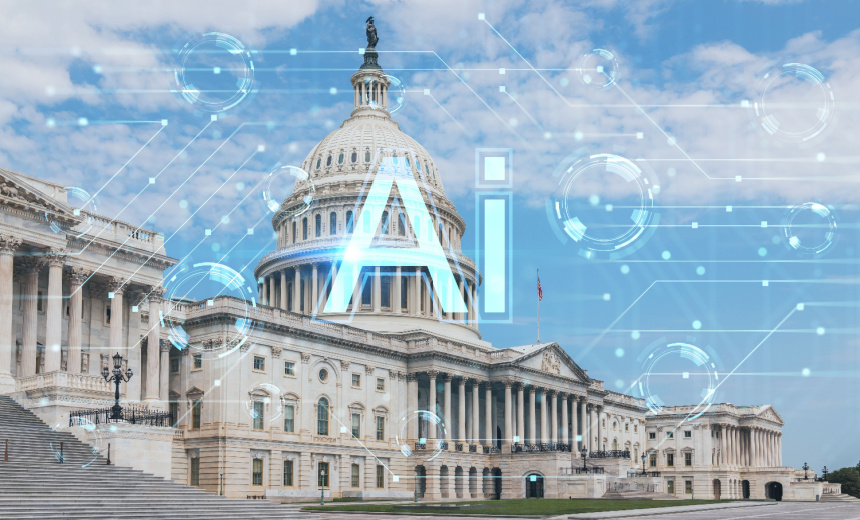AI innovators and experts have raised concerns about the United States’ potential loss in the “AI Cold War” against China due to Beijing’s rapid advancements in technology. Panelists emphasized the need for a proactive response from the U.S. to counter China’s growing dominance in the AI field.
During a recent hearing before the House Committee on Science, Space, and Technology, experts highlighted China’s significant progress in AI development, including the launch of DeepSeek, Alibaba’s Qwen model, Tencent’s T1, and Manus AI. These Chinese-developed platforms have showcased advanced capabilities, surpassing American-made AI systems like OpenAI’s ChatGPT.
Adam Thierer, a senior fellow at the R Street Institute, expressed shock at China’s fast-paced advancements in AI, noting that the country has caught up with U.S. innovators in a remarkably short period. Thierer pointed out that China’s aggressive approach to dominating global markets through low-cost competition poses a significant threat to American leadership in AI technology.
The emergence of DeepSeek and other Chinese AI models has raised concerns about data privacy and cybersecurity risks. Several Asian governments have banned DeepSeek due to fears of potential malicious use, such as the creation of ransomware and keyloggers. Experts emphasized the need for the U.S. to invest in AI research and development to maintain its leadership position and address emerging challenges.
Despite President Donald Trump’s executive order to prioritize American leadership in AI, experts noted that policymakers have been caught off guard by China’s rapid progress in the field. Tim First, director of emerging tech policy at the Institute for Progress, emphasized the importance of adopting a proactive approach to stay ahead of China in the global AI race.
Gregory Allen, director of the Wadhwani AI Center at the Center for Strategic and International Studies, underscored the significance of China’s potential to produce AI chips domestically at a scale that could rival U.S. data centers. Allen warned lawmakers about the implications of China’s growing capabilities in AI chip manufacturing and the need for the U.S. to prepare for future challenges.
In conclusion, the debate over the “AI Cold War” between the U.S. and China continues to intensify as Beijing makes significant strides in AI technology. Experts urge policymakers to take proactive measures to address China’s advancements and ensure that the U.S. remains a global leader in AI innovation. The future of AI dominance may hinge on the ability of nations to adapt to this rapidly evolving technological landscape.


